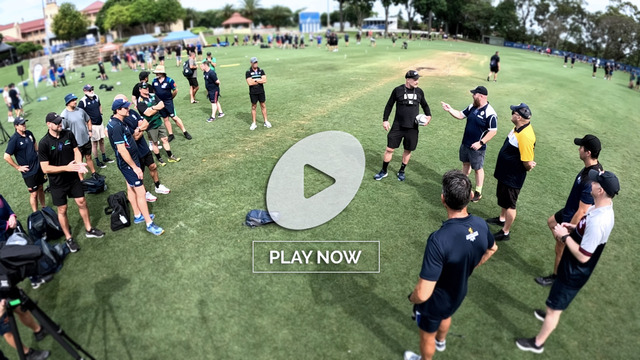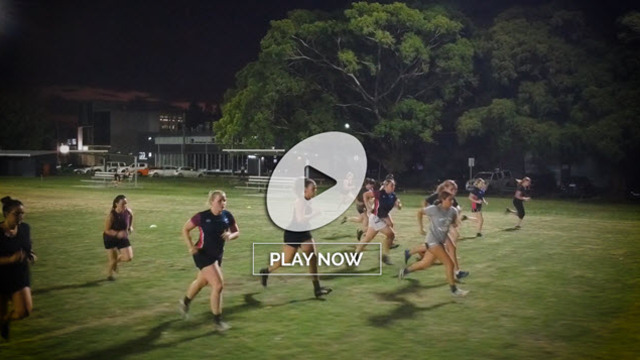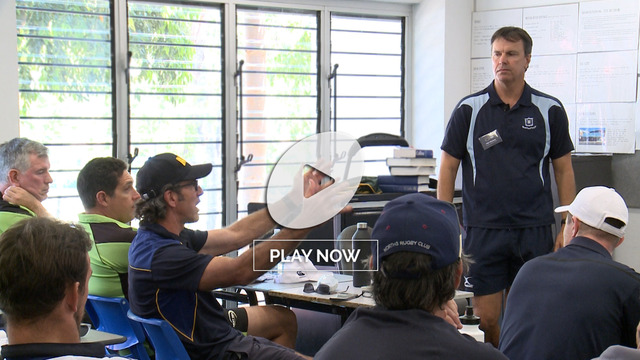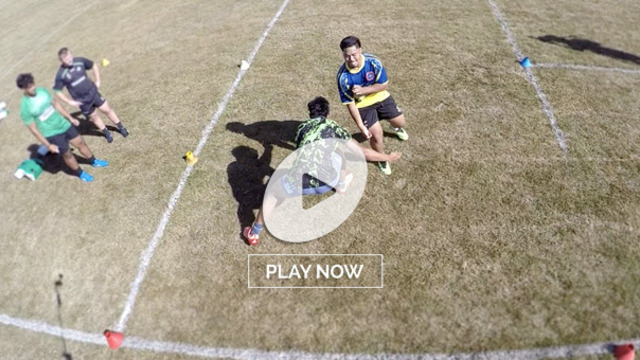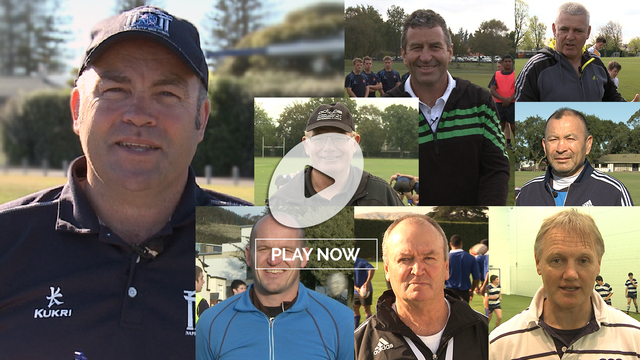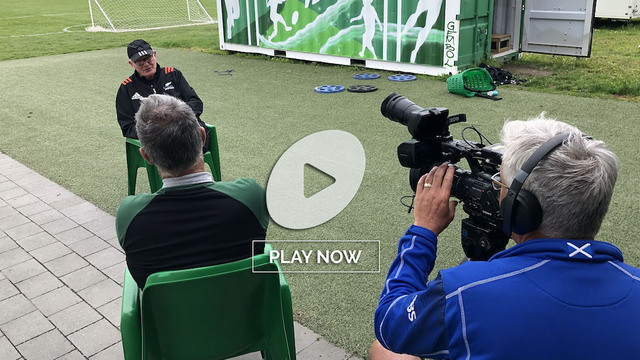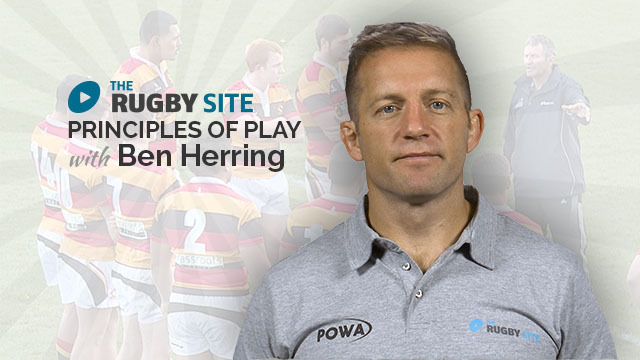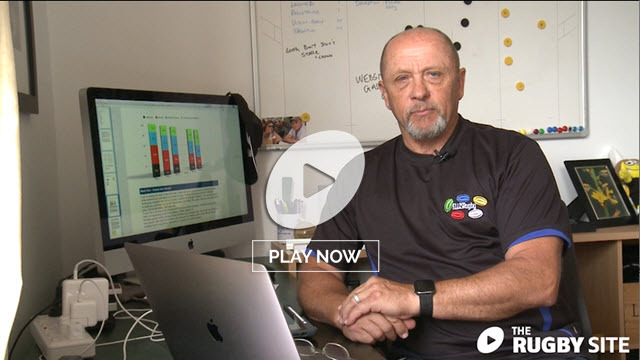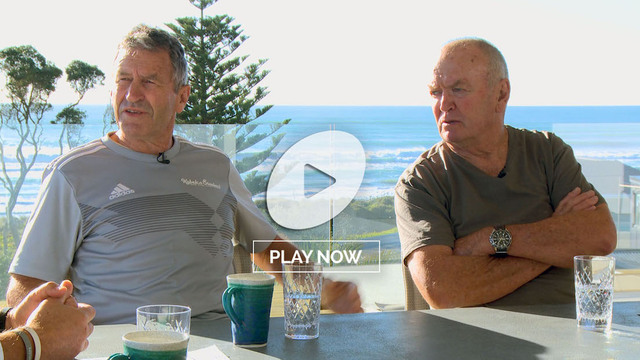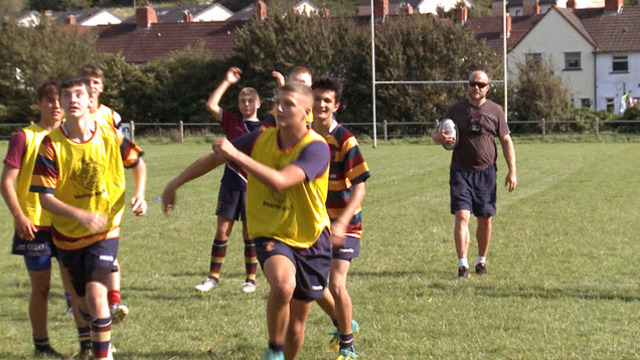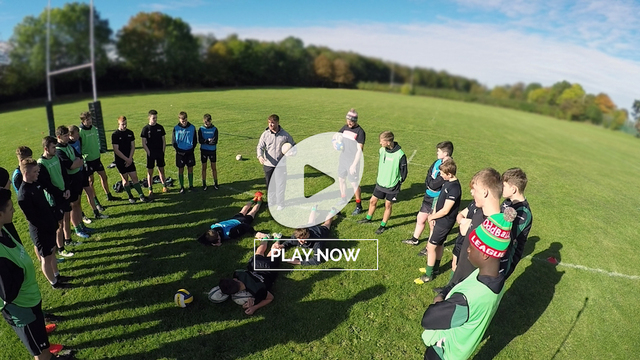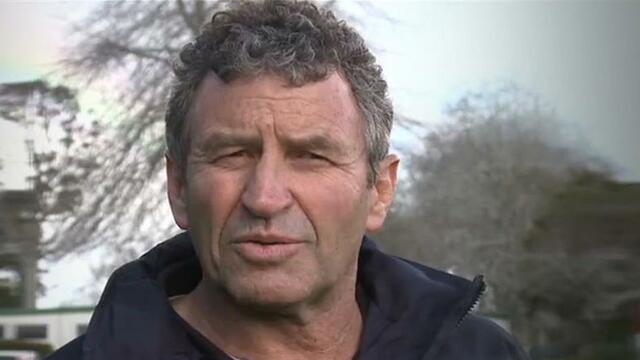There is no point in trying to be a captain if you are not worth your place in the side.
Maybe once a century, someone in some sport defies the convention. England once had a cricket captain called Mike Brearley who was not the world’s greatest opening bat but who had a mind like Plato. He was a successful leader.
But don’t try that at home. I know from personal experience that first and foremost you have to be good enough to be out on the field in your own right and you have to be playing well. If you are struggling with your own game it makes it so much harder to smile and help others. I have been there.
Even coming back from injury this year with the Crusaders was a hard beat. I was concerned with my own form and it’s hard to lead when you are like that.
There are different types of leaders. There are the analytical man-managers like Brearley, there are the inspirational tub thumpers and there are the leaders by example. I fall into the final category. I like to plan a campaign, but I know that the team will not follow unless I literally take the lead. I got that off Todd Blackadder, now the coach at the Crusaders. He was also the captain when I first arrived and we have a lot in common with how we see the game. He had a huge impact on how I wanted to be as a rugby player. If he gave a direction, he would always be the first to roll up his sleeves and do it. Players respect that. I respected that.
So you have to be worth your place, you have to lead by example and, finally, you have to learn how to get the best out of your teammates. Treat them all as equals but don’t treat them all the same.
You have to understand that the guys on the team are different. Some players need direction and respond to constructive instruction. Some players need to be given the opportunity to speak up. It is not always a guarantee that what they say will help the team. We all get it wrong from time to time. But they will feel better about themselves and their place in the team for having been given the opportunity. Use the experience around you. It is better to be the captain of a team then a lonely captain.





